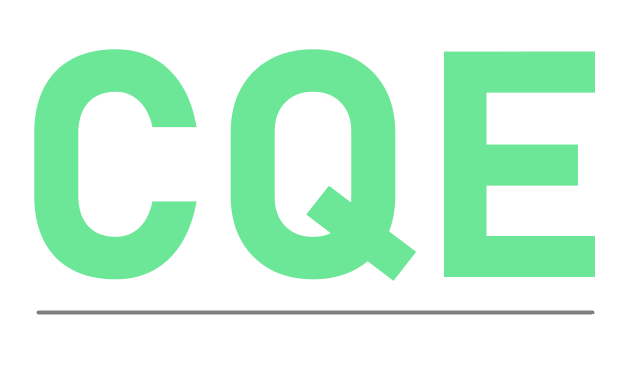
How you can invest in your people with a HCM system
Author: Stuart Barker, Managing Director, CQE
There is a recession coming; whether self-fulfilling prophecy or not, that is what the economic experts tell us.
Whilst doing some research on the impact of recessions it was interesting to read that the Bank of England has records that go back to 1700, and England specifically to 1270. Quite impressive really, although the further you go back the less reliable the data is. Still, the data shows that recessions are less frequent now but the impact is more severe. I’m not an economist but I’m assuming this is due to our interwoven economies.
Why am I telling you this?
As the MD of Corecom Quality Engineering, I have been attempting to understand the impact this may have on the business and, indirectly other businesses too, so that we can make sensible strategic decisions throughout 2023.
This then got me thinking. What we value above everything else in CQE is our people:
· varying skills and experience
· diverse cultures
· different approaches and ideas.
A recent study by Ceridian found that 72% of execs surveyed saw employee experience (EX) as a high priority, but only 24% strongly agreed that their companies do enough in that area. Furthermore, according to a study by Microsoft in 2021, the impact of the pandemic and furlough suggests 41% of employees are planning to leave their current roles, yikes! Therefore, the next and obvious question is what can organisations do to improve the EX and try and retain your top talent in the business?
HCM system implementation and its effect on employee experience
Having worked personally on a number of Human Capital Management (HCM) system implementations over the years, exclusively with the larger providers, it’s interesting to reflect on these systems and how they can impact the EX. At the time, it was just another system that needed quality assurance and testing. Thinking back however, it was easy to see how implementing such systems could quite easily have negatively impacted how the employee perceives the company. From:
· the interaction with the recruitment team
· viewing your payslip
· booking time off
· running and participating in performance reviews
· (for some) simply recording time.
These simple day-to-day activities that as an employee you expect to be able to do, can quickly become frustrating if systems are implemented poorly, turning into a negative interaction that creeps into their working life.
The market is pretty saturated with HCM systems, although the leaders remain the usual suspects of:
· SuccessFactors
· Workday
· Dayforce
· UKG
· Oracle
Achieving a return on investment from HRM system implementation
What I think is imperative for companies to do is achieve the maximum return on their investment when implementing such systems. Now, I appreciate all companies will set out with this objective; nobody intentionally wants to fail. The problems from my experience tend to start when companies expect their HR teams to participate in their regular day job and be part of the project team. This partial engagement combined with no or limited IT experience, can lead to poorly defined requirements in particular those that fail to adequately address the rules and regulations surrounding different regions. This has a knock-on effect as you move into testing as defects bounce back and forth as the system integrator tries to find a compromise that works for everyone.
I’ve also seen scenarios where companies that have grown by acquisition have inherited a variety of different contractual terms and conditions, especially around compensation. The need to involve unions in any contractual changes adds to this complexity, meaning less compromise is possible or desirable and the once relatively simple change, quickly turns very complicated. This can lead to some extremely sophisticated configuration requirements. Increased complexity results in longer implementation times, increased testing effort and increased risk.
Minimising the complexity
CQE prides itself on being able to provide expert advice to customers on avoiding many of these pitfalls. We’ve developed:
· a proven QA and test methodology that aligns with the system integrators
· automation tools that reduce the burden on HR teams and minimise regression risk
· expertise in our consultants with specific training courses and skills uplift
We still, however, felt there was a risk that the systems integrator might not consider quality in the same way we do.
So, what could we do to address this broader challenge?
This ultimately led to our partnership with Blue Dot Partners, experts in HR transformation and a leadership team with experience in dozens of HCM implementations across numerous sectors. It’s a partnership founded on a common understanding and shared goal of ensuring that the client gets the system that the employee deserves to have and that the EX is improved across the board from new graduates to C-level executives.
HCM can benefit your business by providing you with the ability to make critical decisions based on reliable, accurate, and timely information. They can help you to integrate data into a single employee record, support mobility, and help increase efficiencies for your entire workforce.
If you are considering HCM system implementation, take a look at our case study which showcases how CQE supported a leading insurance provider in the implementation and rollout of a HCM system on time and with minimal business disruption.
Alternatively, contact us to discuss your project and we can discuss how we may be able to help.

